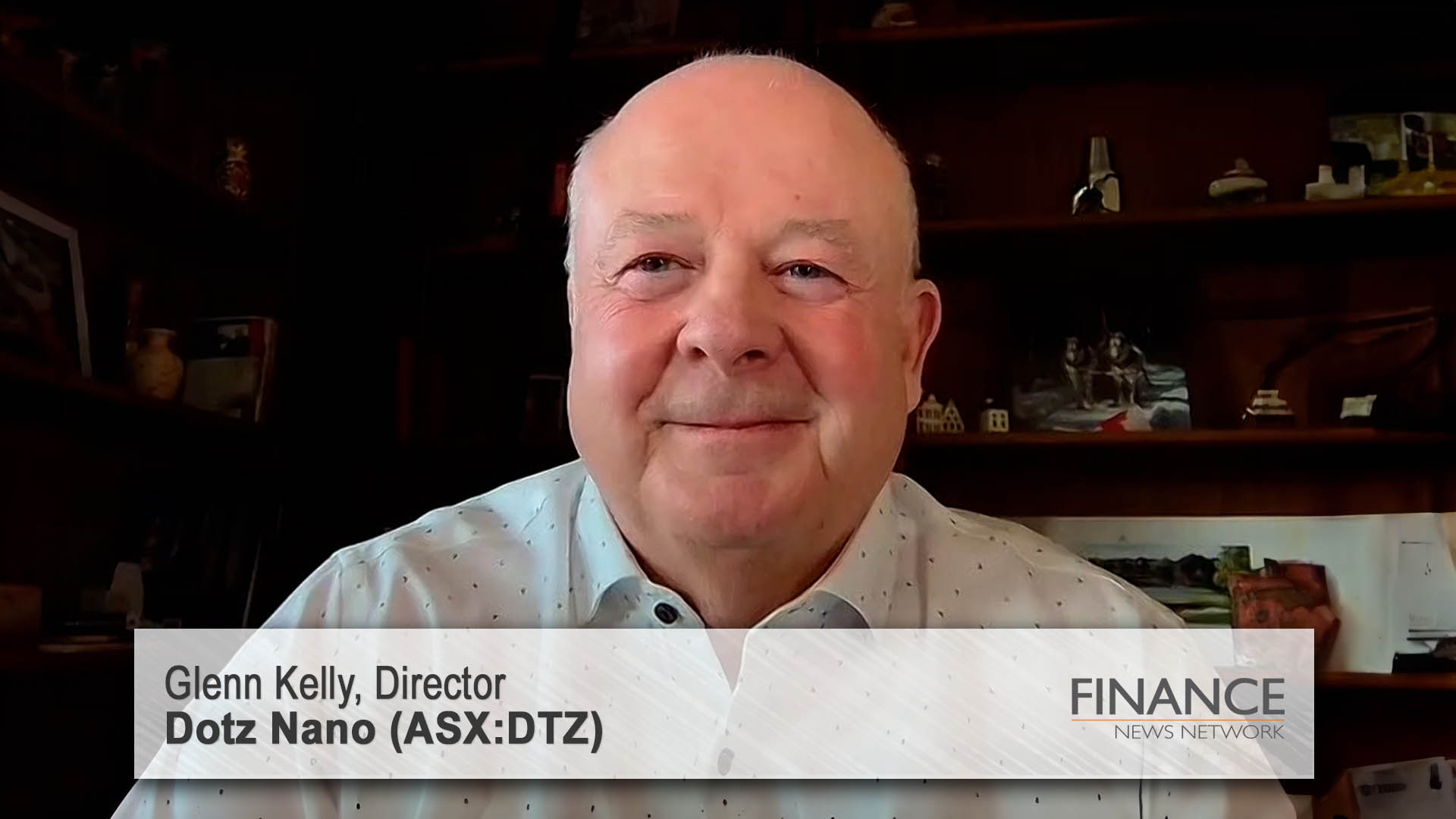Amid all the debate over the 2008-09 federal budget it’s useful to remember one thing.
We could be in a worse position: like the US, Japan or the UK (see above). It’s something to keep in mind amid all the huffing and puffing over budget cuts, spending, inflation and wages.
The stockmarket rose yesterday, but that was more to do with the latest speculation about possible Chinese involvement in the BHP Billiton-Rio Tinto love affair than any budget reaction. Even the speculation about the banks in the wake of Westpac’s surprise advance on St George faded quickly.
We do have inflation of 4.2% in the year to March, which is worse than Britain, Japan and the US, but we also have an economy still growing at more than 3%, and perhaps 4% at the moment.
It may be slowing, but the US has slowed, Japan is heading towards the bottom and Britain is in a rising state of concern about the damage being done there from the credit crunch, imploding property, slowing retailing and surging prices.
Yes wages are continuing to rise strongly here but it is not at a level where the Reserve Bank would get concerned and grab the interest rate lever and give it a tug.
Yesterday the Australian Bureau of Statistics released the labour price index for the March quarter which showed, in seasonally adjusted terms, that the labour price index for the March quarter rose 0.9% on the December quarter, for an annual increase of 4.1%. That was down from the 1% rise in December quarter over September, and the 4.2% annual rate in calendar 2007.

The ABS however cautioned that there is some noise in these figures because of the changes to the way basic wages are set with the Fair Pay Commission.
But that reservation aside, the index increase is down on the 4.25% estimated for the June 30 financial year by Treasury in last night’s Federal Budget.
Federal Treasury estimated a 4.25% rise in the labour price index over 2008-09, so if the latest level is maintained, then there will be some pressure off interest rates.
The ABS said in its commentary that "the Private sector seasonally adjusted through the year movement (4.1%) is higher than that of the Public sector (3.9%) for the second consecutive quarter. December quarter 2007 marked the end of a five year period in which Public sector increases were consistently higher than in the Private sector."
But that could change with big wage rises for teachers in Victoria and claims for state employees in WA, NSW and again in Victoria.
The ABS said that looking at the states "in original terms, all States recorded a quarterly change of between 0.8% and 1.0%. Western Australia recorded the largest change through the year (5.9%) followed by South Australia (4.6%). The lowest rates of change through the year were reported by Tasmania and the Northern Territory (both 3.6%)."
And looking at industries, the booming mining industry recorded the largest rise (in original terms) through the year and quarterly change of any industry (5.8% and 1.7% respectively). Accommodation, cafes and restaurants recorded the smallest change through the year (2.4%) and the lowest quarterly change with Communication services (both 0.3%).
Seeing Treasury and the Government reckon unemployment will be 0.5% higher by the end of 2009 financial year at 4.75% (and average 4.5% over 2008-09) the latest labour price index is good news.
It shows that wages growth is still under control as the domestic economy enters a slowdown, and so far there hasn’t been a spillover of the enormous wages growth in mining, into the broader economy. But the Brumby Government in Victoria and the state education union are trying very hard to undo that work.
Later today we have average weekly earnings for the February quarter. This will be another test, but is not expected to show any real problems.
Meanwhile the Federal Budget got a big tick yesterday from Goldman Sachs JBWere economists who told clients:
"Although it may be lacking in glamour, the relatively frugal nature of the Budget at a time of high inflation should be well received by financial markets. While the ALP has gone to great lengths to claim that this Budget will ease inflationary pressures, most of the supply enhancing initiatives involve large implementation lags.
"In reality, the ALP’s biggest contribution to inflation is that it is not making the inflation process worse. After 2 years of notable conflict, finally we have fiscal policy that is pushing in the same direction as monetary policy."
Now what will former Goldman Sachs’ Australia boss Malcolm Turnbull say about his old firm after that endorsement?













